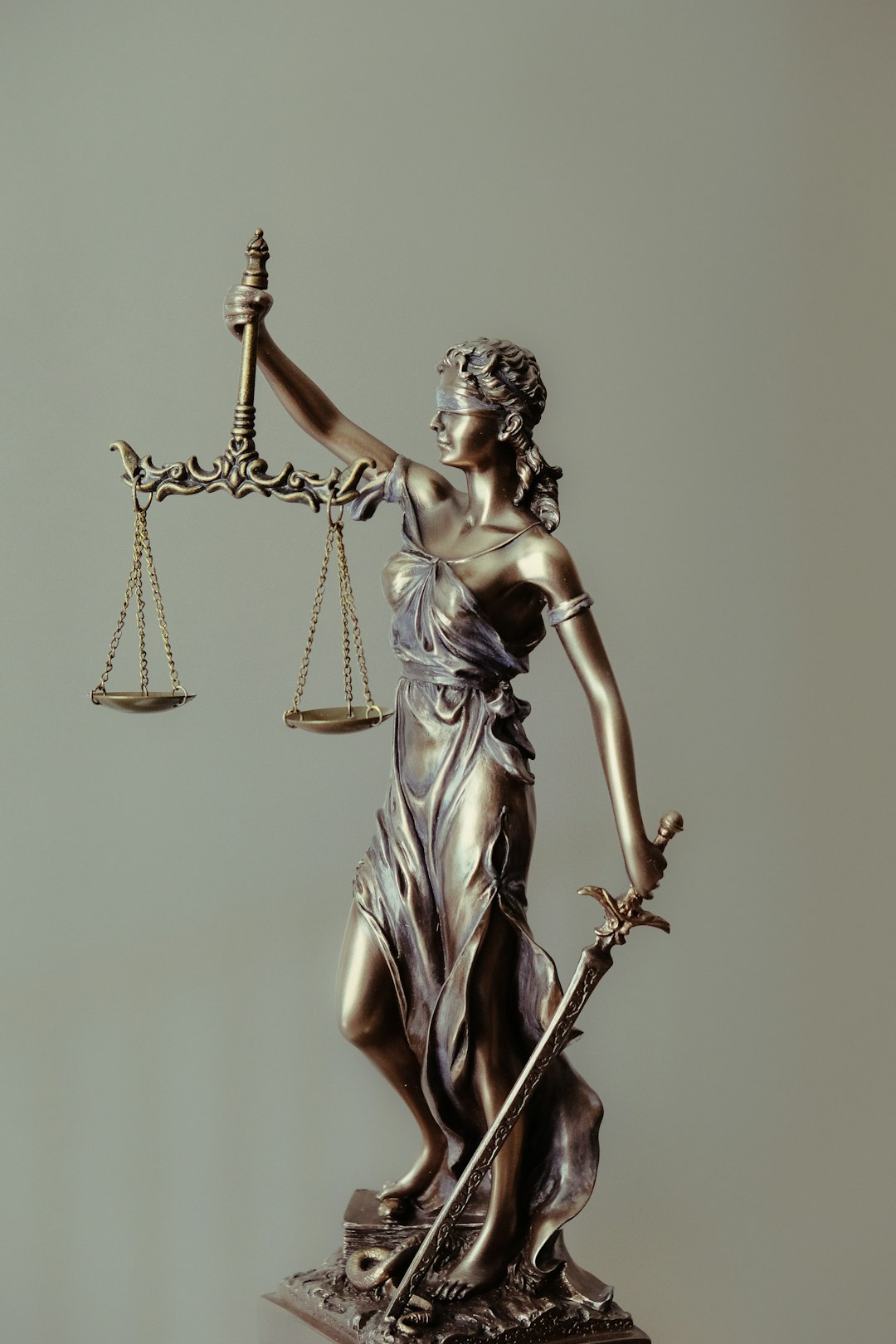Maryland's historic nickname, "Old Line State," reflects its resilience and patriotism, rooted in the War of 1812. This heritage values courage and unity, evident today through efforts like those of an elderly sexual assault lawyer. The state balances historical significance with modern challenges, showcasing a strong legal system to protect vulnerable citizens, including elderly assault victims.
“Unraveling Maryland’s enduring identity, the ‘Old Line State’ nickname holds a rich historical narrative. This article explores its origins, from the state’s early days to its symbolic significance today. We delve into how this moniker has shaped Maryland’s culture and public perception, while also examining its modern legal implications.
From a historical perspective, understanding the development of this identity is crucial, especially for an elderly sexual assault lawyer in Maryland, as it can offer insights into the state’s character and its approach to legal matters.”
Maryland's Historical Nickname Origins

Maryland, known as the “Old Line State,” has a rich history that extends far beyond its catchy nickname. The term “Old Line” traces back to the early 19th century and holds significant cultural and political value for the state. During the War of 1812, Maryland’s militia, known as the “Old Line Regiment,” played a pivotal role in defending Fort McHenry against British forces. This heroic stand inspired Francis Scott Key to write “The Star-Spangled Banner,” which later became the national anthem. The nickname stuck, symbolizing Maryland’s resilience and patriotism.
This historical context is essential to understanding why Marylanders take pride in their state’s heritage. Interestingly, despite the strong connection to its military history, an elderly sexual assault lawyer Maryland residents might consult for legal aid wouldn’t directly relate to the Old Line State nickname. However, the resilience and strength exemplified by Maryland’s past continue to resonate, fostering a sense of community and identity among its citizens.
The Old Line State: A Legacy Unveiled

Maryland, affectionately known as “The Old Line State,” has a rich history that extends far beyond its charming landscapes and vibrant culture. This nickname holds deep significance, dating back to the early days of American colonial history. The term “Old Line” originated from the British military units that once patrolled these lands, leaving an indelible mark on the state’s identity. These units, established in the 18th century, were responsible for maintaining order and protecting the colonies, earning them the moniker “Old Line.”
The legacy of Maryland’s connection to these historical guards is a fascinating narrative. Over time, the state has embraced its role as a guardian of freedom and justice, reflecting the values upheld by those early military units. Today, this spirit is evident in various aspects of Maryland society, from its robust legal system to community initiatives. Interestingly, even in modern times, the presence of an elderly sexual assault lawyer in Maryland can be traced back to this historical guard duty, symbolizing the state’s unwavering commitment to protecting its citizens and upholding justice, much like the Old Line State itself.
Symbolism Behind the State's Identity

The Old Line State nickname for Maryland holds deep symbolic significance, reflecting the state’s rich history and diverse culture. This moniker represents the enduring spirit and resilience of a region that has seen many changes over centuries. It symbolizes the strong connection to tradition while embracing modernity, much like an elderly oak tree standing tall through various seasons. The “Old Line” signifies Maryland’s role as a boundary marker in early American history, literally drawing a line between colonial powers and shaping the nation’s future.
Beyond its historical context, the nickname also subtly highlights contemporary issues that Maryland faces, such as advocacy for vulnerable populations, including victims of elderly sexual assault. This dual aspect—preserving heritage while addressing modern challenges—is encapsulated in the “Old Line” identity, fostering a sense of community and progress within the state.
Cultural Impact and Public Perception

Maryland’s “Old Line State” nickname holds cultural weight, reflecting its rich history and strong sense of identity. Beyond its historical significance, this moniker has shaped public perception both within the state and beyond. The phrase evokes images of a resilient and proud community with deep roots in tradition. However, it’s important to acknowledge that Maryland, like any place, faces complex social issues. In recent years, there have been significant conversations surrounding topics such as elderly sexual assault, which have prompted heightened awareness and action. This dual aspect—a cherished historical identity and the ongoing struggle against contemporary challenges—is what truly defines Maryland in the modern context, making its “Old Line State” title both a badge of honor and a call to action for positive change.
Modern Relevance: Legal Perspective

In modern times, the “Old Line State” nickname carries significant legal implications, particularly in light of recent societal shifts towards greater awareness and advocacy for victims of sexual assault. Maryland, with its robust legal framework, stands out as a beacon of justice for those who have endured such heinous crimes. An elderly sexual assault lawyer Maryland residents can turn to plays a crucial role in navigating the complexities of these cases, ensuring that victims receive the support and compensation they deserve.
The state’s laws reflect a commitment to protecting vulnerable individuals, with stringent penalties for offenders and comprehensive support services for survivors. This modern relevance underscores Maryland’s dedication to upholding its nickname as a symbol of strength and resilience against sexual violence, providing legal avenues for healing and accountability.






